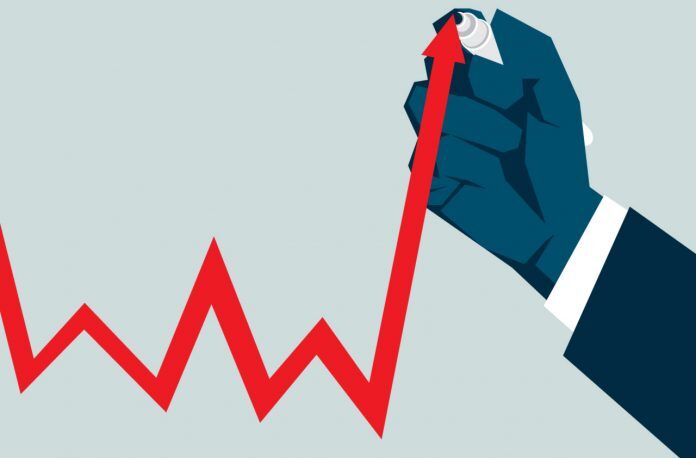Short-term inflation, as measured by the Sensitive Price Index (SPI), has recorded a startling year-on-year surge of 37.07 percent for the week ending October 5, according to official data released recently by the Pakistan Bureau of Statistics (PBS). This marks the fourth consecutive week of rising inflation, casting a shadow of concern over the nation’s economic stability.
Several factors contribute to this inflationary trend, including the depreciation of the national currency, the impact of sales tax, and surging electricity bills. However, this ongoing inflationary trend has been primarily fueled by the relentless surge in retail prices of petroleum products.
In the previous week, the caretaker government had implemented a marginal reduction in petroleum product prices, following three successive fortnights of price hikes. However, this move had already set off a chain reaction, leading to a hike in transport fares and increased costs associated with moving goods.
A notable aspect of this inflationary spiral is the nation’s dependence on imports to meet the demand for essential vegetables, including tomatoes, onions, and potatoes, primarily sourced from Afghanistan.
A closer look at the SPI basket reveals that of the 51 items included, prices of 19 essential goods witnessed significant increases, 16 experienced price drops, and 16 remained unchanged compared to the previous week.
Among the items that saw the most substantial year-on-year price increases during the week under review were electricity charges for Q1 (118.16pc), gas charges for Q1 (108.38pc), cigarettes (94.69pc), rice basmati broken (87.60pc), and chili powder (84.84pc). Other essentials such as sugar, wheat flour, gur, tea Lipton, and petrol also experienced steep price hikes.
Furthermore, on a week-on-week basis, prices of certain key commodities experienced significant fluctuations, with tomatoes (12.45pc), onions (11.96pc), and garlic (2.59pc) leading the list.
The International Monetary Fund (IMF) forecasts that the average Consumer Price Index (CPI) for the current fiscal year is projected to be 25.9pc, although slightly lower than the previous year’s 29.6pc.
























